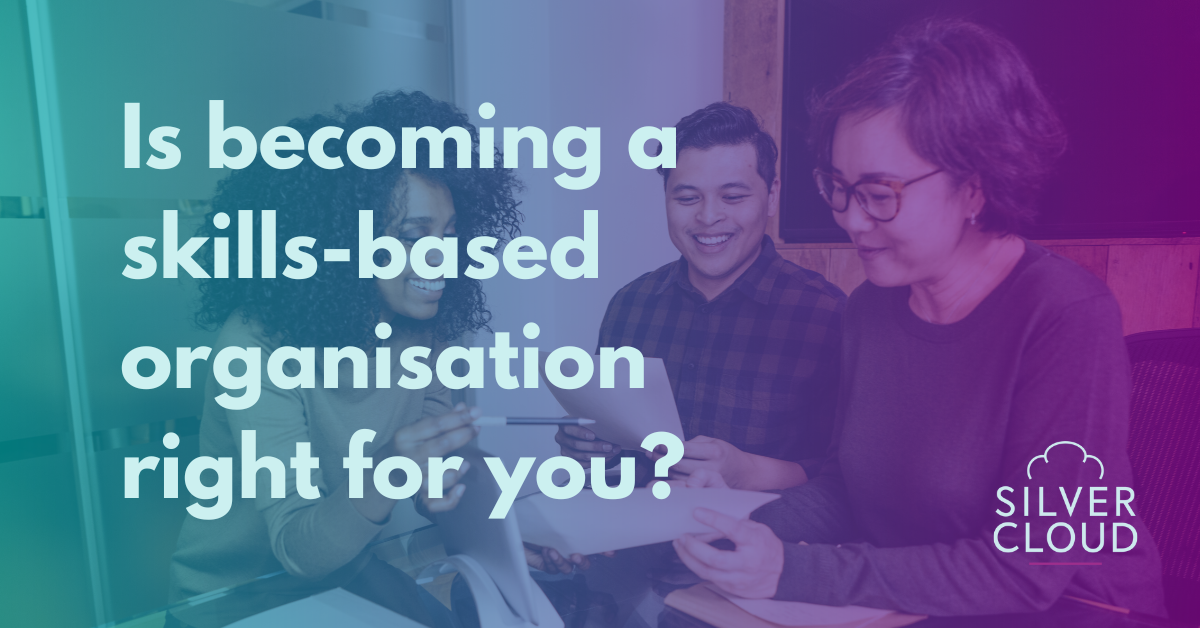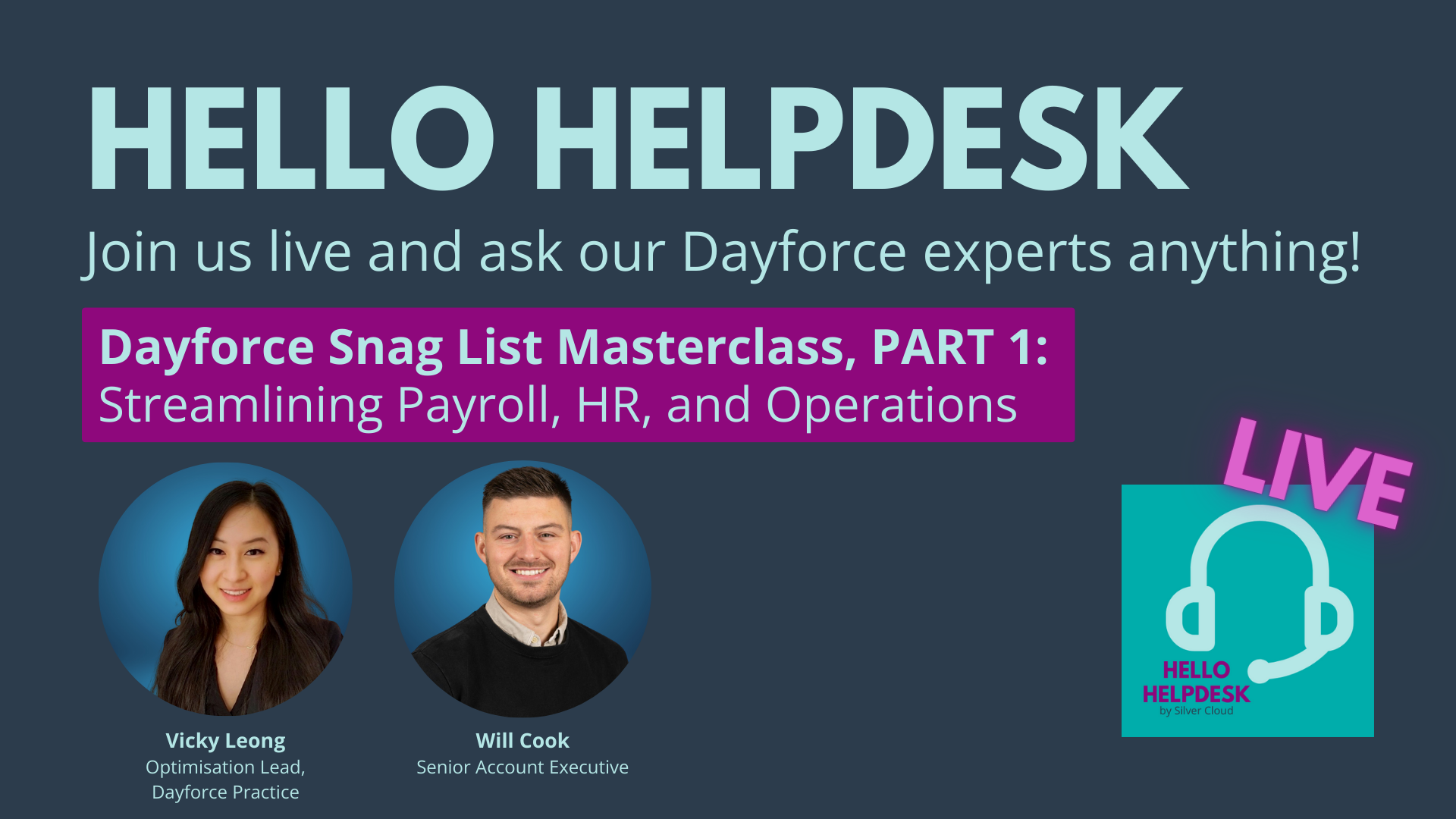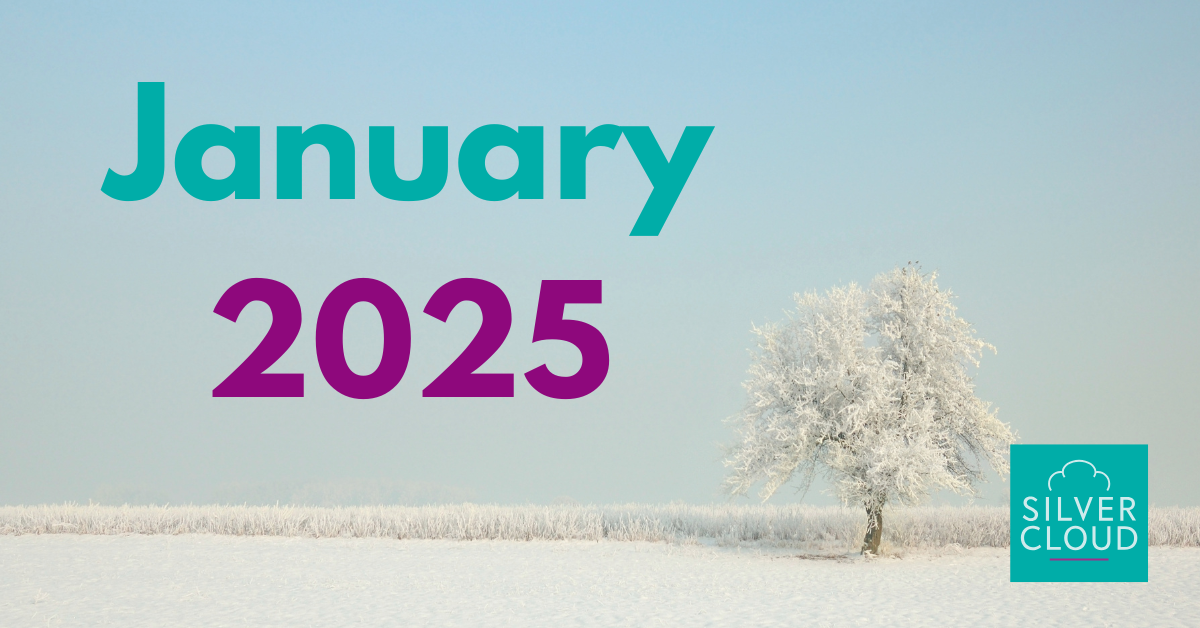AI in HR: 10 AI Myths Debunked
by Silver Cloud

Welcome to the first in our 3-part AI in HR blog series, in partnership with Dayforce.
AI is rapidly changing the world, and the field of human resources is no exception.
From automating tasks and gathering business-wide insights, to personalising the employee experience and informing more strategic hiring decisions, AI-powered HR tech is enabling organisations to be both agile and resilient - two essential traits in today’s market.
Despite the fact that AI-HR tech is the talk of the town, there are still a number of concerns, misconceptions and myths surrounding AI – we take a look at ten of these ‘AI myths’, with an aim to demystify this powerful technology that can truly revolutionise the way in which we manage and empower our people.
Myth 1: AI will replace human HR professionals entirely
Reality: AI is designed to augment and enhance HR processes, not replace human expertise. While AI can handle repetitive tasks and provide data-driven insights, the human touch is crucial for complex decision-making, empathy and understanding unique employee needs. A mindset shift is needed for workers to embrace AI as a ‘copilot’ to augment their abilities rather than compete against them.
Myth 2: AI algorithms are completely unbiased
Reality: AI’s output will depend on what you’ve put into it. If you put biased data in, it will produce a biased outcome. This is why ethics needs to be built around it. When looking at analysis, you must set safeguards, set up peer reviews and look at the structure and the process to really decipher the results before coming up with a strategy. Regular monitoring, diversity training and ethical considerations are essential to mitigate bias.
Myth 3: AI can predict future employee behaviour with absolute accuracy
Reality: While AI can analyse historical data to make predictions, it’s not foolproof in predicting human behaviour. Employee decisions can be influenced by various factors, including personal circumstances, emotions, and external events that AI might not account for. It’s analytical capabilities do of course provide you a starting point and early indications of potential issues, that you can address in good time.
Myth 4: Implementing AI in HR tech requires extensive technical knowledge
Reality: Many AI-powered HR tools are designed to be user-friendly, requiring minimal technical expertise. Organisations can collaborate with AI vendors or platforms that provide ready-to-use solutions, reducing the barrier to entry.
Myth 5: AI-driven recruitment leads to a loss of personal touch
Reality: The uncontentious application of AI in talent acquisition involves utilising tools such as chatbots for preliminary candidate assessment and automated meeting scheduling. Deploying AI can enhance efficiency and outcomes, however, when integrating AI components in talent acquisition it's essential to recognise that while AI tools can contribute to the process, they alone cannot definitively determine a candidate's suitability for an organisation. Rather, they serve as a supplementary resource to facilitate informed decision-making and streamline the talent acquisition process.
Caution arises when AI's role extends to influencing actual talent decisions. In such instances, when AI aids guided decision-making, it's imperative to ensure candidates have a comprehensive understanding of how AI factors into their evaluation.

Myth 6: AI-driven performance evaluations are impersonal
Reality: AI can provide data-driven insights to assist in performance evaluations, but it’s up to HR professionals to interpret this information and provide context. Effective communication and empathy are key to making employees feel valued and understood.
Myth 7: All HR tasks can be automated using AI
Reality: AI is designed to augment and enhance HR processes, not replace human expertise. While AI can handle repetitive tasks and provide data-driven insights, the human touch is crucial for complex decision-making, empathy and understanding unique employee needs. A mindset shift is needed for workers to embrace AI as a ‘copilot’ to augment their abilities rather than compete against them.
Is your organisation ready for AI? Find out by downloading our Digital Maturity model.
Myth 8: AI implementation guarantees immediate results
Reality: Integrating AI into HR processes takes planning, time and adjustment. Realising the full benefits requires proper training, data collection, and fine-tuning to align AI systems with the organisation’s specific needs. Like any technology investment, AI implementation needs to be backed up by a solid people strategy, with clear goals and expectations around what you hope to achieve by the use of these tools.
Myth 9: AI is expensive and only works in large companies
Reality: The cost of AI enabled technology has come down significantly in recent years, and there are now a number of affordable AI solutions available for businesses of all sizes - many of which are available as enhancements to current systems. For organisations currently not using any AI technology, a phased approach to implementation will enable associated costs to be controlled further. Ensuring that current systems are providing complete and accurate data before looking to utilise AI will also reduce any wasted costs once implemented.
It's important to consider the trade-off also, when looking at AI – having a clear strategy and being purposeful about its usage will enable organisations to better calculate the cost vs savings balance when it comes reducing costs associated with hiring, training, retention and more.
Myth 10: AI is the Future of HR
Reality: AI is not the future, it's happening now, AI has been used in HR for many years, and there are now several proven AI solutions available for HR tasks such as recruiting, screening, and performance management.
AI is a powerful tool that can revolutionise HR tech, but it's essential to approach it with a clear understanding of its capabilities and limitations. When used strategically alongside human expertise, AI has the potential to create more efficient, equitable, and insightful HR practices.
In a recent 2023 Executive Survey by Dayforce, 79% of executives believe they have the right talent and skills to leverage AI throughout their organisations. The key to mobilising the workforce around advanced technologies lies in preparation…



